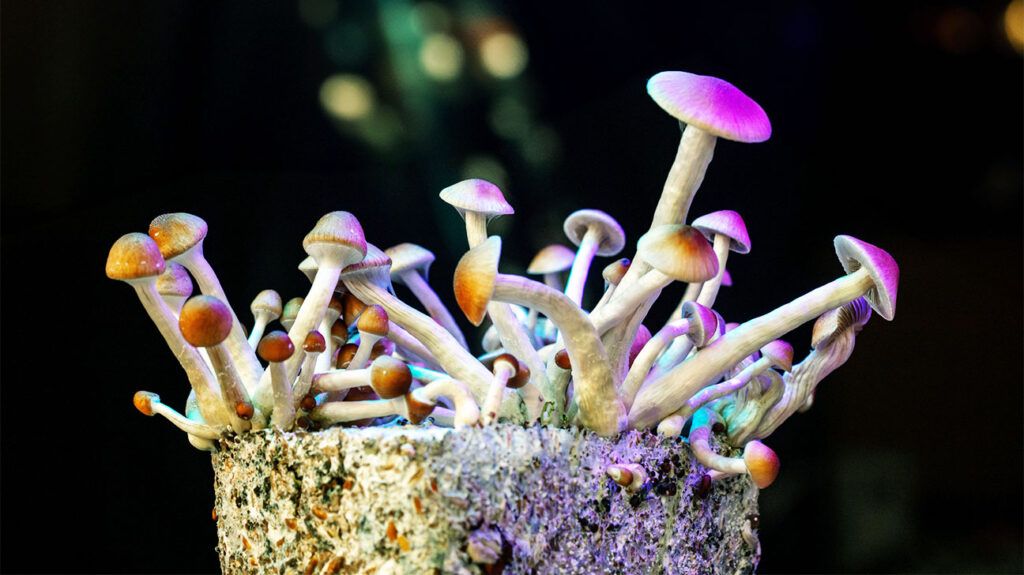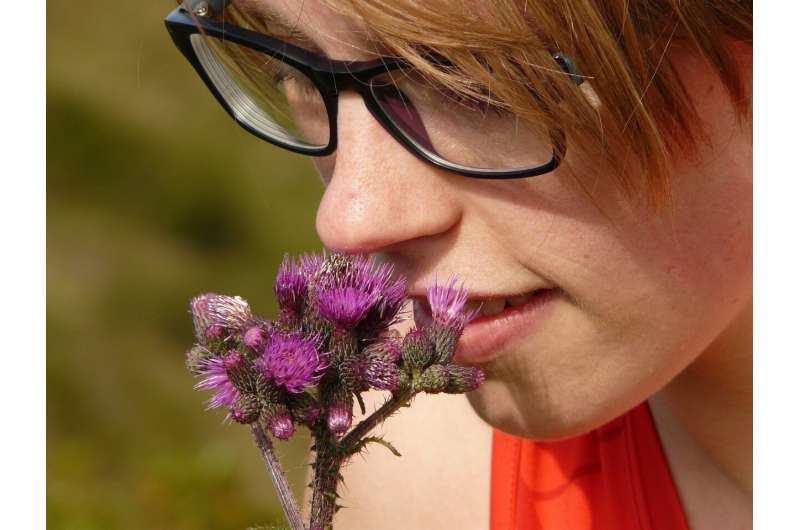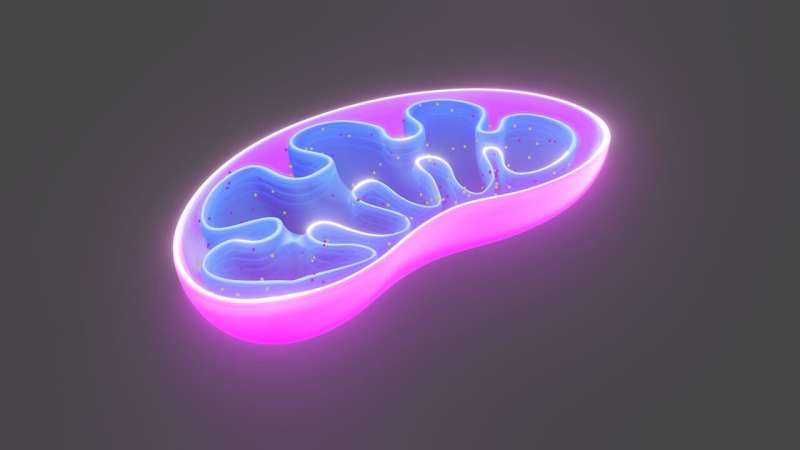Could Psilocybin Be a New Hope for Treating IBS? Insights from Recent Research

Exploring the potential of psilocybin, the active ingredient in magic mushrooms, as a groundbreaking therapy for irritable bowel syndrome (IBS) in recent clinical studies.
Could Psilocybin Help Treat IBS? A New Study Investigates

Could magic mushrooms help relieve symptoms and treat IBS? A new study explores the potential.
Irritable bowel syndrome (IBS) is one of the most common gut conditions, yet effective treatments are limited and its causes remain complex. An innovative study led by Dr. Erin Mauney is investigating whether psilocybin, the active compound in magic mushrooms, could offer new hope for managing IBS.
The Brain-Gut Connection
Understanding how mental states influence gut health is crucial. The gut and brain communicate via the nervous system, notably through the enteric nervous system, often called the "second brain." This link helps explain symptoms like stomach discomfort and emotional responses such as butterflies or stomach aches.
IBS and Psychological Factors
Research shows that early trauma and mental health conditions like anxiety and depression are common in IBS patients, indicating a strong gut-brain connection. This has prompted scientists to explore psychological therapies and novel approaches such as psychedelics.
Why Focus on Psilocybin?
In her recent interview, Dr. Mauney explains that psilocybin impacts multiple mental health domains by reducing rigidity, rumination, and anxious over-focus, which could benefit individuals with IBS. Additionally, psilocybin may influence visceral hypersensitivity—the heightened pain perception from gut movements—and reduce inflammation.
How Does Psilocybin Work in the Gut?
Psilocybin activates serotonin receptors, specifically 5HT2a receptors, which are involved in pain and gut motility. This might help alleviate visceral hypersensitivity and related discomfort. Preliminary evidence also suggests anti-inflammatory effects, making it a promising candidate for IBS treatment.
The Ongoing Study
Dr. Mauney's study involves participants with treatment-resistant IBS undergoing psilocybin-assisted therapy. Patients have faced limited success with dietary, pharmacological, and psychological treatments. The therapy includes guided sessions with psilocybin while discussing symptoms and personal experiences. Early results show some participants experience symptom relief or improved coping.
Looking Ahead
While preliminary, these findings are encouraging. Experts like Dr. Ruvini Wijetilaka highlight the potential of psilocybin as a novel approach for complex cases, emphasizing the need for further research. As more data emerges, psilocybin could reshape how we treat IBS and related gut disorders, embracing a more holistic approach.
"This innovative research could lead to significant shifts in gut health treatment paradigms," says Wijetilaka. It’s an exciting time for exploring new therapies in gut-brain health.
For more information, stay tuned for updates on this groundbreaking research.
Stay Updated with Mia's Feed
Get the latest health & wellness insights delivered straight to your inbox.
Related Articles
Innovative Non-Invasive Ultrasound Test Promises Accurate Diagnosis of Infant Meningitis
A new high-resolution ultrasound device offers a non-invasive, accurate method for detecting meningitis in infants, potentially transforming pediatric diagnostics worldwide.
Loss of Smell as an Early Indicator of Increased Mortality and Dementia Risk
A new study links loss of smell in older adults to higher risks of mortality and dementia, emphasizing the importance of olfactory testing in early health assessment.
Preparing for Increased ACA Costs Amid Life Changes
Upcoming policy changes and subsidy expirations are expected to cause significant premium increases for ACA health plans in 2025. Plan ahead for higher costs if you're considering early retirement or other life changes.
Important Discovery of Cellular Energy Regulator Could Lead to Parkinson's Disease Treatments
A new cellular switch regulating mitochondrial health has been discovered, offering promising new targets for Parkinson's disease and mitochondrial disorder treatments. Researchers highlight how modulating B55 activity could improve neuron survival and disease outcomes.



